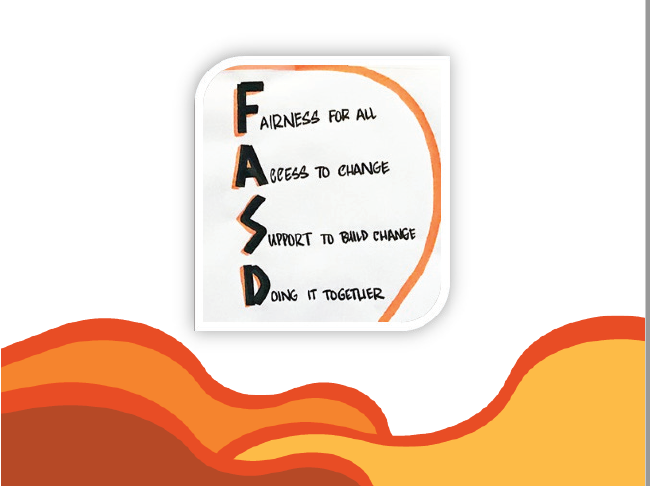Prior to the FASD 2018 conference in Perth a one-day forum was convened to identify key issues and define actions for the future to support people with Fetal Alcohol Spectrum Disorder (FASD) who come in contact with the justice system.
A Planning Committee led by Magistrate Catherine Crawford and Professor Carol Bower, was formed in July 2018 to develop a whole day workshop on this topic.
The aim was to host a workshop that allowed for short presentations from various jurisdictions (WA, Canada, NZ) and experienced researchers and government officials. This was followed by small group discussions (focused on prepared case studies) and conclude with each group summarising the issues suffered, systemic failures, advocacy required and solutions for the future.
90 participants attended the FASD & Justice pre-conference Workshop hosted by FASD Research Australia. This one-day workshop was relevant to those who work with individuals living with FASD and their families. It provided an insight into how individuals with the condition may interact with the justice system: as offenders, victims, witnesses or other parties in criminal, civil and child protection and family law matters. The structure of this workshop was a combination of presentations, panel discussion and small table case study discussions. A range of topics was covered including, but not limited to, initial engagement with authorities, courtroom considerations and support strategies.
Speakers included Judge Fitzgerald of the Youth Court in New Zealand; Dr Michelle Stewart, Canadian academic; Ms Karen Farley SC, of Legal Aid, a parent of a FASD affected child, and others.
The communique from the event is available here.
WA Youth Justice & Health Research Forum
13 November 2019
Perth, Western Australia
A Planning Committee was formed to:
- Guide the Forum planning including selection of speakers
- Provide ideas about style, format and timing
- Identify key stakeholders and community participants
- Promote the Forum to key stakeholders and community members
The aim of the forum was to:
To identify and prioritise future directions for how child health research can inform and support change for children and young people engaged with youth justice in Western Australia.
Primary outcomes included:
- Strengthened partnerships between stakeholders and the youth justice & health research community
- A white paper to guide decision-makers on how to better leverage existing research, partnerships and resources to facilitate system improvements that promote the health and cultural, social and emotional wellbeing for justice-involved youth.
- An action plan for the implementation of comprehensive health and wellbeing assessment of all children and young people coming into detention, informing services at Banksia Hill Detention Centre and services that support young people returning to community.
